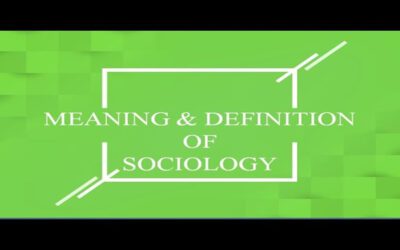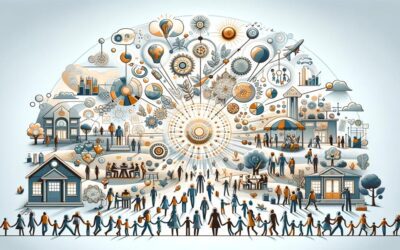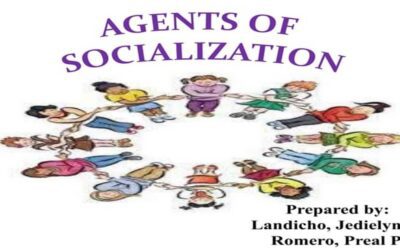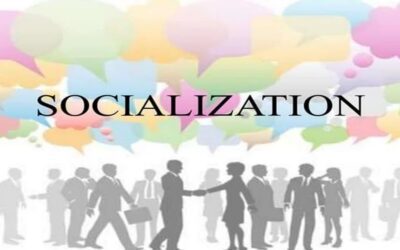Introduction to Sociology
- Introduction to Sociology
- Basic concepts
- Socialization
- Social interaction and process
- Culture and Civilization
Meaning and Definition of Sociology
Sociology, a term derived from the Latin socius meaning “companion” and the Greek logos meaning “study” or “science,” is the scientific exploration of human society. French scholar August Comte (1798-1857), known as the Father of Sociology, coined the term “sociology” in his seminal work Positive Philosophy in 1839. He believed that social subjects could be studied as scientifically as physics or chemistry and dedicated himself to finding solutions to societal issues
Characteristics of Society
Society, a complex web of relationships, has a set of defining characteristics that shape human interactions and communal living. By exploring these elements—comparison, difference, interdependence, cooperation and division of labour, social relations, control mechanisms, transformation, and culture—we gain insight into what sustains and evolves human society. Here’s a deeper look at these fundamental traits:
The Agents of Socialization
Socialization is a fundamental process that shapes individuals and their personalities. It doesn’t occur in isolation; instead, it requires a structured approach to ensure that children grow into well-rounded individuals. This journey of socialization is guided by various influences from individuals, groups, and organizations known as agents of socialization. These agents play a critical role in imparting values, norms, and knowledge essential for societal integration. This blog explores the key agents of socialization, including family, peers, religion, school, and the state, each of which contributes uniquely to a child’s development.
Importance of Socialization
Explore the importance of socialization and its role in shaping individuals and communities. Discover key reasons today.
Competition: A Fundamental Social Process
Competition is as ingrained in human society as cooperation, serving as a fundamental mechanism that shapes individual and group dynamics. When two or more individuals strive toward a shared objective, they engage in what we call competition. At its core, competition is the struggle for resources, recognition, or rewards that are limited in availability and incapable of satisfying everyone’s demands. This scarcity fuels competition, making it an unavoidable aspect of life in various contexts, from academic environments to corporate industries, and even social status.
Characteristics of Culture
Culture is one of society’s most profound gifts, shaping behaviors, beliefs, and ideals over generations. It is a complex and dynamic force, guiding our daily lives, interactions, and values. Below, we explore the core characteristics of culture and how they influence society and individual identities.






